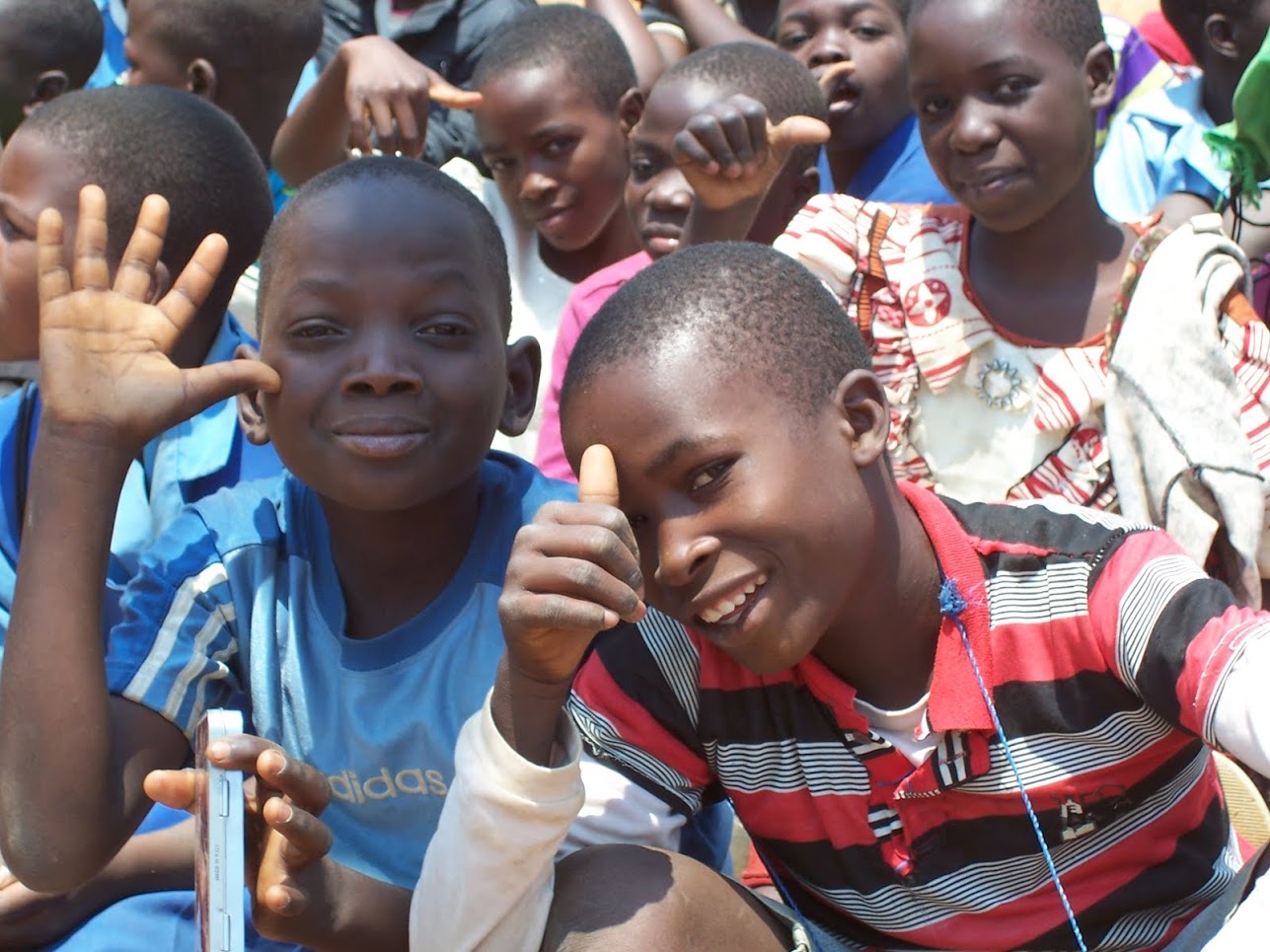
Peter's Story
Peter's Story
What inspired you to get involved with this kind of work? What motivates you?
My brother, who was a primary school teacher, died of AIDS after a long illness. I was the guardian caring for him and life was really tough for me because I had to care for my own family and his family, as well as spending much of my time in hospital with him. And in those days ARVs were sold at a very expensive price that we couldn’t manage, even with what both of us were receiving as salary per month. He died in 2000 and his wife followed in 2002, leaving two children with me which was also an added burden. I am still caring for them; the elder is now in form 3 while the younger is in standard 7.
This inspired me to do something that could prevent people from getting HIV, especially in the communities. I had passion to help when I saw old people caring for relatives who were suffering from AIDS and caring for orphans. I was always remembering the pain I had even when I had some income, so I wondered how do the old people cope without money?
What do you consider to be your organisation’s greatest achievement to date?
We were the first organisation in Rumphi District to implement comprehensive mobile HIV testing and counselling in the hard-to-reach areas and we have therefore contributed to preventing new HIV infections among young people. In addition we have restored hope in many children who have received help from us in various forms, such as nutritional assistance, school uniforms, blankets and psychosocial support.
I have seen real change in the lives of children and their families since we started receiving support from Egmont Trust, and this makes me encouraged that I am doing something.
Can you give us an example?
Bernadeta is a 65-year-old widow with 6 children; she lost her husband some time back. She stays with 5 grandchildren who are orphans. Economically she struggles to raise money for the family despite having a big piece of land. Two of her grandchildren were tested during a HAWIP outreach programme for primary schools and both of them tested HIV-positive.
When the counsellors went to tell her as the guardian of the children – according to our HIV Counselling and Testing policy we are not suppose to break the HIV results to a child below the age of 12 – she was shocked with the news because she never thought the children could have HIV. Her misconception was that HIV is for adults only. After counselling she was very happy with the initiative because the two children, who were frequently suffering different illnesses, were referred to the hospital and initiated on treatment. Now they are both very healthy, and Bernadeta is able to do all her farming activities.
The children were also given school uniforms, blankets and two goats for their nutritional requirement. The headmaster commended HAWIP for the support it offered to the two children; he said their attendance and class participation has really improved compared to the past when their absenteeism was high due to illness.
What are your goals for the future?
We want to run a poverty alleviation project amongst women who care for children infected and affected with HIV. We also want to increase focus on nutritional support initiatives because we have more children who have been tested HIV-positive who need the support.
For the organisation, we want to build the capacity of HAWIP board and management, and establish income generating activity so that we can be economically empowered.
What are the biggest challenges you face?
The economical turbulence that Malawi is facing has affected HIV/AIDS services nationally, and the country is unable to provide test kits and other services. This has affected our operations. Fuel scarcity is also a threat because the price is not stable, hence affecting our budget.
The demand for services such as nutritional support and HIV testing is overwhelming within the targeted catchment areas. Despite the slowing down of the HIV prevalence rate in Malawi, the impact that it has brought is very big and it will take years to normalise the situation, especially with regard to children.
Some names and identifying details have been changed to protect the privacy of individuals. Often, photos are purely illustrative and do not represent the individuals portrayed.